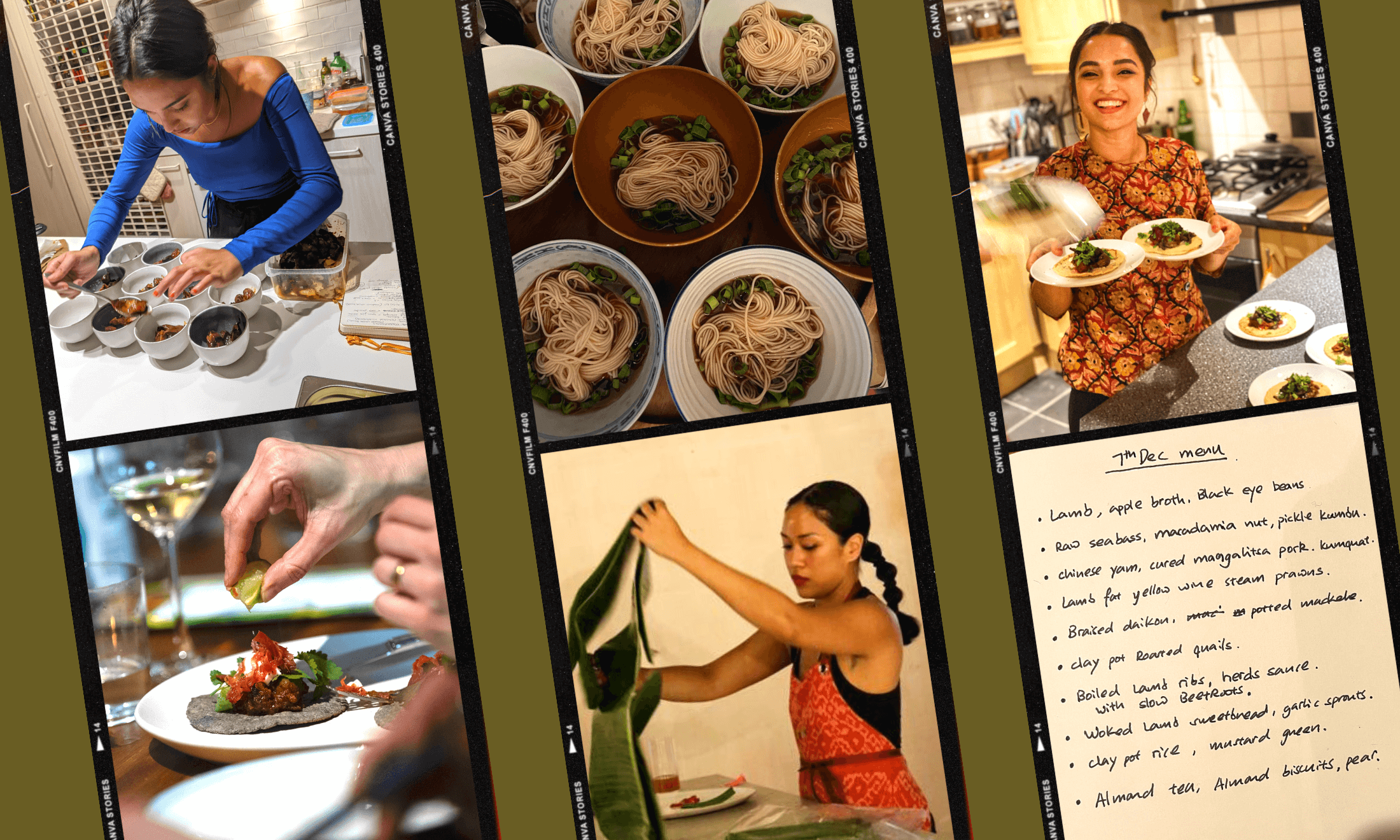
Illustration by Michelle Wong
Fifteen years have passed since we spoke the words “I love you”, eight years since “I do”. We tied the knot in a traditional Hindu marriage, taking saat phere around a sacred fire. So we didn’t really say “I do”. But if anything has made our love evolve over the years, it is saying “I don’t”.
Getting married at a young age can get tricky. You grow up together, and invariably, you don’t get a chance to understand yourself in isolation. The change from being girlfriend-boyfriend to wife-husband is huge, and living with in-laws presents a further challenge. I found myself conforming a lot more and saying “yes” to fulfilling social and cultural duties. I dressed like newlyweds are supposed to, wearing vermillion on my forehead and a mangalsutra around my neck. I would come back early from the office to serve dinner to my father in law and spent whatever free time I had meeting my partner’s extended family.
I lived with my in-laws for the first three years of my marriage, and the emotional stress accumulated with each passing day. We realised we were both frustrated, with little room to explore each other in our new marital life. Eventually, we had a conversation with our parents, moved out and found the space and freedom we were looking for.
“For a relationship to work you need to embrace the negations as much, if not more than the affirmations”
For a relationship to work you need to embrace the negations as much, if not more than the affirmations. The relationships modelled to me by my Indian family have always demonstrated that being in agreement with your spouse, to the point of codependence, is widely accepted as normal. Putting yourself first is often considered a selfish act. Popular culture and media do not help: films, music and TV shows, set the expectations of what love is and romanticise the concept of selfless love. Adjust, sacrifice, compromise: these words were flung at me as we embarked on our journey into a committed relationship.
Though the stereotypes and social norms are changing, I have seen that many Indian women are expected to think of their husbands as their “everything”. There are festivals celebrated in India (like Karvachauth) where the woman worships her husband as her Pati Parmeshwar (the literal translation of which is “husband is God”), praying for his long healthy life. There isn’t a single similar Hindu custom that I am aware of where the man is obliged to make such a declaration of love and devotion.
Four years ago, my partner and I moved to London. In a new country, away from our friends and family, and plucked out of our comfort zones, we had to once again learn how to be together in an unexplored dynamic. Vulnerable and unsure, we grabbed onto each other, only to realise we are at our best when we are in our own spaces. London gave both of us a whole new sense of freedom.
“It’s taken us a while to get here – being comfortable with not wanting to do everything together”
We found new passions: him propped up on the couch watching test cricket highlights and finding comfort in Indian food, and me wandering in the city befriending new people and eateries. My partner took steps to lessen his workload with age, trying to find work-life balance and contribute more at home, and I grew my start-up and pursued the entrepreneurial life.
It’s taken us a while to get here – being comfortable with not wanting to do everything together, following our passions without feeling guilty, voicing our beliefs to our parents without the fear of disrespecting them, accepting who we are and being responsible for our choices. In all these years, we have received lots of advice. It turns out that the one piece of advice that we received on our wedding day from a drunk elderly relative, which at the time had made me cringe, was the one suggestion worth paying attention to: “Invest in a huge bed. You won’t always want to cuddle. You’ll need your space”. Later, we found ourselves in desperate need of space; not just in bed but in life!
Here are few love rules that I remind myself of every now and then:
1. Take interest not in your partner’s passion or hobbies necessarily, but certainly in their happiness.
2. Recognise that your partner cannot be your “everything” or the “reason for your happiness”. Be your own everything; be the reason for your own happiness.
3. Change is inevitable, even in a relationship. Embrace it. Self-transformation and development will translate into your relationship as it grows.
4. Your partner and their family come with history and set of habits. Make an effort to understand where they are coming from.
5. Voice your beliefs, stand your ground and have uncomfortable conversations to ultimately find the comfort of being true to yourself.
6. If you are living with your in-laws, be yourself from day one. Get clarity on their expectations and have a polite conversation if you don’t see eye to eye on anything.
7. Be kind, considerate and respect each other even on days when you don’t feel the love. Being in a long term relationship includes mundane days and days when you are more aware of your partner’s flaws than of their attractions. Be kind, considerate and respectful, always.
And of course, writer and poet Kahlil Gibran’s advice to “Sing and dance together and be joyous, but let each one of you be alone.”
Love and freedom go hand in hand; it’s healthy, it’s evolving, and it’s how my partner and I will keep growing our love for the next 15 years together, and many more after that.









